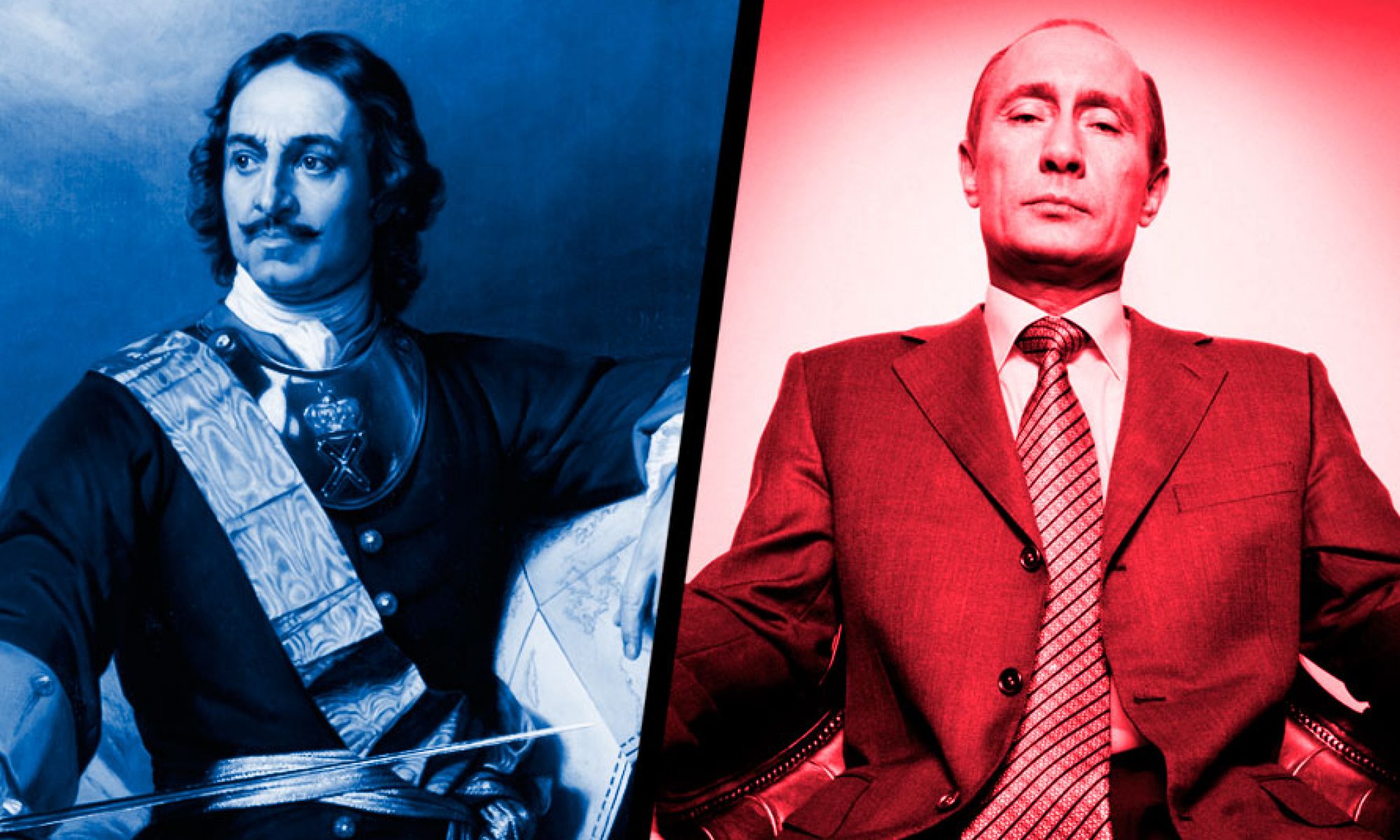Pushkin’s retelling of the Pugachev Rebellion flows like a story. He introduces the Yaik Cossack clans first and tells the story from a third person point of view. The chapters are broken up into specific points in time. The rebellion was due to an accumulation of issues the Yaik Cossack clan faced during their transition as Russain citizens. Pugachev led the rebellion into many pillages and attacks on villages throughout Russia. His rebellion frightened citizens in Moscow which led Catherine the Great to be on high alert. His rebellion left a lasting impact on poor citizens, serfs, and other enthic groups. Although the rebellion was quelled in the end, complete order of all cossacks was a long road. The rebellion still rang in their ears.
Pushkin’s retelling of this history allows for a lot of questions to be asked both about his style of writing and the rebellion itself. Here are a few questions that we have:
- How is Catherine portrayed throughout the novel?
- Why did Pushkin spend time introducing the history of the Yaik Cossacks? Why is it important?
- What is the importance of detailing all of their grievances?
- Do you think that Mikhelson was obsessed with catching Pugachev? Or just passionate about protecting his country?
- On page 37 and on, Pushkin writes that Pugachev had no absolute authority. What is the importance of this? How did this impact how the rebellion continued, if at all? How did Pugachev feel about this?
- Throughout Mikhelson’s military campaign he allows people he had captured to join his ranks, do you think this was a smart move? Why or why not?
- Who do you think had the higher level of military strategy, Mikhelson or Pugachev?

One of your discussion questions that I find interesting is regarding the fact that Pushkin details Pugachev’s authority as not absolute. I believed this to be a significant inclusion on Pushkin’s part, as it adds to the character and understanding of Pugachev. Pugachev rallies the frustrated Yaik Cossacks to stir his rebellion. This detail recalls an earlier statement that Pushkin included regarding the Yaik Cossacks. Pushkin states, “The Yaik Cossacks obediently carried out military service under orders from Moscow, but at home they maintained their original form of government. Absolute equality…” (13). I believe that Pushkin includes this to remind us that Pugachev’s Rebellion was not orchestrated as a one-man-show. The Yaik Cossacks reigned Pugachev in from his rogue behavior. They had as much to do with the rebellion as Pugachev did. It also brings attention to the ideals of the Yaik Cossacks and what they were fighting for. The “absolute equality” of the rebels starkly contrasts with the absolute monarchy of Catherine’s army. By making this distinction, Pushkin allows the reader to understand the fundamental differences in the Yaik Cossacks to the rest of Russia and the complex dichotomy of Pugachev’s leadership in the rebellion.
In regards to the last question, I believe that Mikhelson’s strategy of allowing captured men to join his ranks was a smart and dumb move. The reasoning behind the smart move is that, Mikhelson was gaining more man power and bodies to almost sacrifice. Though, the most important part being that these now joined men had information on Pugachev that Mikhelson may not have known. On the other hand, it is not the smartest move because throughout the novel, people are constantly switching sides, and to me, the idea of loyalty to one part is no existent. Thus, the men that Mikhelson let join his ranks could easily betray him.
In looking at your question of why Pushkin spent time introducing the history of the Yaik Cossacks, I believe he did this to show the background of the people who were part of a great rebellion against Catherine. This is important throughout the entire novel because it is basically an explanation of where the Cossacks are coming from. Our backgrounds, environments, and history usually play a part in what our beliefs as adults end up to be. So, even though the history of the Cossacks didn’t exactly play the most important role in their motivations, looking at the history can explain certain things. Lastly, detailing all of their grievances holds the same amount of importance – they wanted to be heard in why they were rebelling. Also, it could spark others to rebel if they agree with their grievances. All in all, looking at their motivations and history is essential when reading this text because it is difficult to properly analyze a rebellion when we do not know the context.